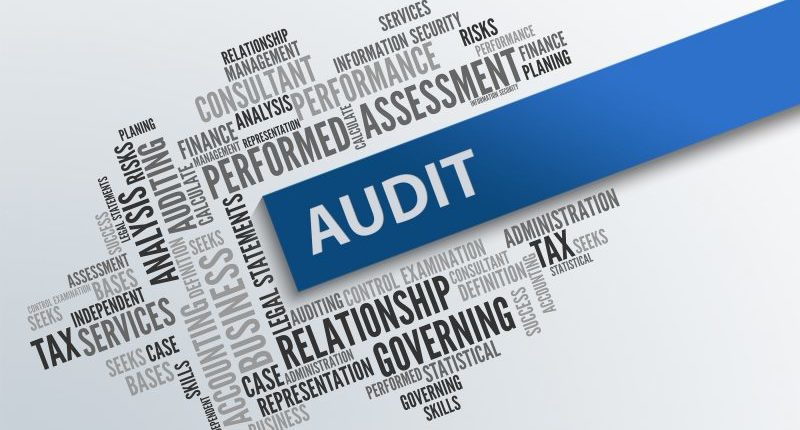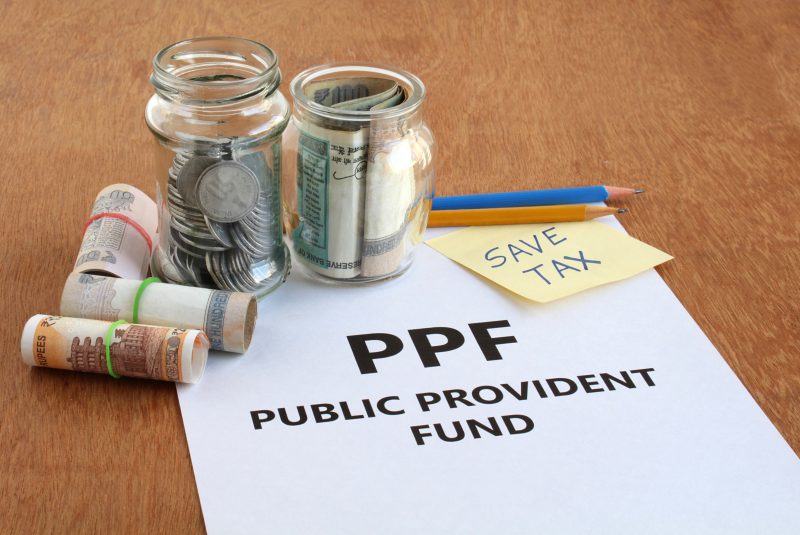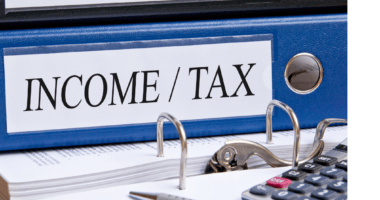Deadline to file income tax returns for businesses is around the corner. All the businesses, subjected to audit under the Income Tax Act, have to file their tax audit report and tax returns by the 30th of September 2019. The accounts have to be audited by a Chartered Accountant in pursuance to the Section 44AB of the Income Tax Act.
The Chartered Accountant conducting the audit will have to furnish his audit report in the Form 3CA/3CB. For the taxpayers required to get their accounts audited under any other law ( i.e. law other than income tax law), Form 3CA will be furnished.
However, the taxpayers other than mentioned above will furnish their tax audit report in Form 3CB. Along with either of the forms, the tax auditor will have to furnish Form 3CD where all the details related to various aspects of the business have to be filled.
Now, let’s understand the eligibility criteria for a taxpayer to get their tax audited compulsorily by a Chartered Accountant.
- A person carrying on a business, if the sales or turnover or gross receipts for the financial year exceeds Rs 1 crore. The provision is not applicable to any person opting for the presumptive taxation scheme under Section 44AD and his total sales or turnover does not exceed Rs 2 crore.
- A person carrying on a profession, if the gross receipts exceed Rs 50 lakh in the financial year.
- A person carrying on the business eligible for presumptive taxation scheme under Section 44AD, if he declares the income below the limits prescribed and his total income exceeds the basic exemption limit.
- A person carrying on the profession eligible for presumptive taxation scheme under Section 44ADA, if he declares the income below the limits prescribed and his total income exceeds the basic exemption limit.
- A person carrying on the business and is not eligible to opt for presumptive taxation scheme under Section 44AD, if his income exceeds the basic exemption limit in any of the 5 subsequent consecutive years. If any taxpayer is ineligible due to opting out of such scheme in any one financial year of the lock-in period i.e. 5 consecutive years from when the presumptive tax scheme was chosen.
Also Read: Income tax department notifies e-assessment scheme, 2019
The main objective behind the tax audit is to ascertain the reporting requirements of Form 3CA/3CB and Form 3CD. Apart from just reporting requirements, the tax audit will ensure that the taxpayer has maintained the Books of Accounts and has abided by the provisions of the Income Tax Act. Any misrepresentation of the facts or figures might attract scrutiny from the income tax department.
Many assessees like a company or co-operative society are required to get their accounts audited by a Chartered Accountant under the respective laws. But, is it compulsory for them to get their accounts audited for a second time under Section 44AB?
The answer to this confusion is No! Section 44AB states that if any assessee is required to get his accounts audited under any other law, then he need not get his accounts audited to comply with the Section 44AB.
In such a situation, the assessee will have to get his accounts audited before the specified date and furnish the audit report by that date under the other law and also submit a report by the Chartered Accountant in the form prescribed under Section 44AB, i.e., Form 3CA/3CB and Form 3CD.
If the taxpayer fails to get his account audited under Section 44AB within the due date, he will have to pay a penalty as per the Section 271B. The amount of penalty will be lower of the following:
- 0.5% of the total sales, turnover or gross receipts of a business or profession in such financial year
- Rs 1,50,000
However, no penalty will be imposed if a reasonable cause for such failure is proved by the assessee.
For any clarifications/feedback on the topic, please contact the writer at komal.chawla@cleartax.in
I am an aspiring Chartered Accountant. I spend most of my free time dredging through the various Indian finance subreddits. I am a semi-professional bowler with a high strike rate every time there is a new tax reform!





